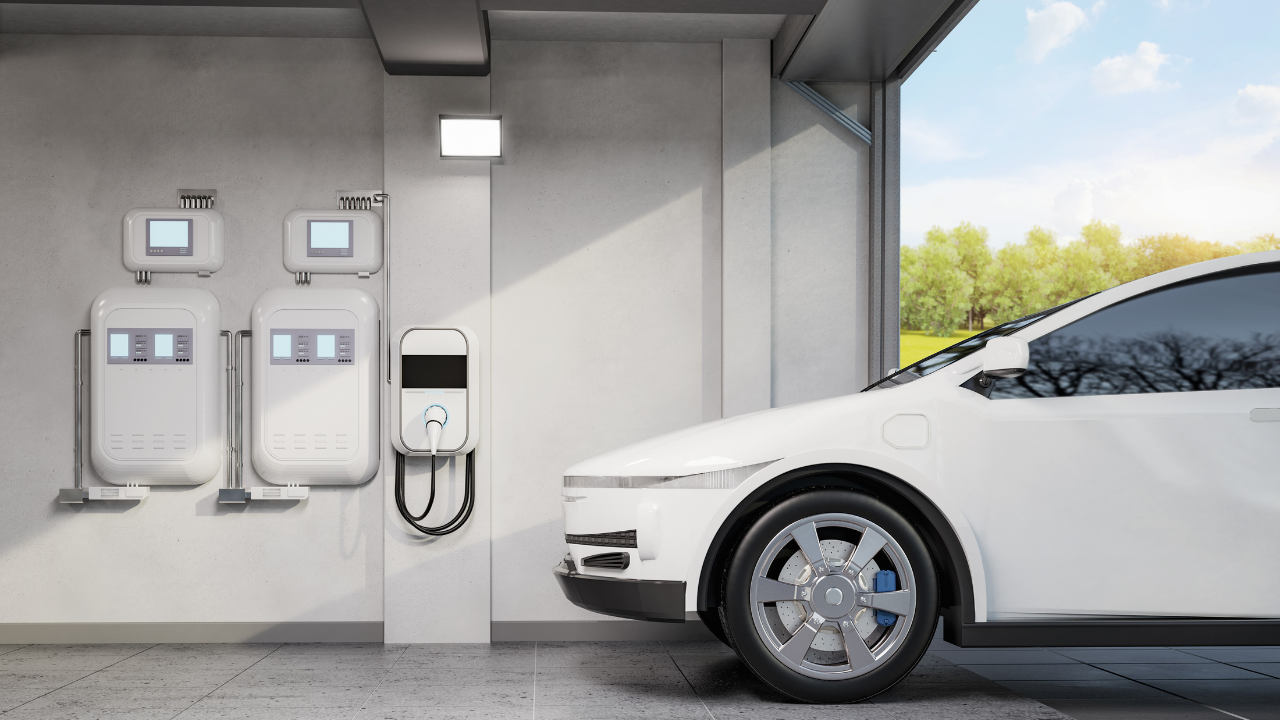Where Can I Put My EV Charger?
Aug 18, 2024
By Kelly G. Richardson, Esq. CCAL, HOA Homefront Column
Electric vehicles (“EV”) are increasing in popularity and HOA members need places to charge their vehicles. California at the end of 2023 had 1,178,948 electric passenger vehicles registered, per the US Department of Energy. In 2020, Governor Newsom ordered that no fossil fuel vehicles shall be sold in the state starting in 2035. In 2017, the Legislature and Governor approved Senate Bill 1016, which added EV charging stations to the list of “protected uses” found at Civil Code Section 4700-4753. As a result, HOAs and their members have guidance from the Davis-Stirling Common Interest Development Act, as Civil Code Section 4745 protects the right of homeowners to install EV charging stations, subject to some very important limitations.
Civil Code 4745 prohibits governing documents from banning EV charging stations or from unreasonably restricting them if the homeowner is seeking to install the device in their owned or assigned parking space. For the purpose of the statute, an “unreasonable” restriction is one that significantly increases the cost or decreases its efficiency.
The statute places some significant requirements upon the requesting homeowner. The homeowner must use a licensed contractor to install the charging station, pay for the costs of its installation and the ongoing electricity usage, and provide to the HOA a certificate of insurance naming the HOA as an “additional insured” under their liability insurance policy. (Section 4745(f)).
If installation in the homeowner’s garage or assigned space is impossible or unreasonably expensive, the HOA must allow the charging station to be installed in another common area parking space per (Section 4745(g)), which might involve a space reassignment.
The statute also allows HOAs to create a shared charging station space for the benefit of all residents. This could require some metering to make sure users are paying for the electricity used.
Sometimes the challenges in connecting to the homeowner’s electric meter are too great, and for those situations Civil Code Section 4745.1 allows a homeowner to install a “Time Of Usage” (“TOU”) meter at their own expense. A TOU tracks the electricity used during charging so that the homeowner can pay for the electricity used.
HOAs need to respond swiftly to a request to install either a charging station or a TOU meter because both Civil Sections 4745 and 4745.1 give the HOA 60 days to approve or deny the application. If there is no response from the HOA the application is deemed approved.
Should the HOA violate these statutes, the homeowner can sue for a civil penalty of up to $1,000 and reimbursement of their attorney fee costs.
As EV popularity and usage grows, HOAs should consider adopting architectural policies to inform homeowners, as well as the board or architectural, in advance of the requirements. A written agreement should be signed to protect both the homeowner and HOA, documenting the homeowner’s permission as well as the conditions of that permission.
The disputes I have currently seen usually arise either from homeowners not understanding they are responsible for the entire cost of the installation, or from HOAs not understanding that they cannot completely prohibit EV charging stations or TOU meters.
Having clear architectural rules on EV chargers can help members understand what they can do and help HOAs to be prepared to respond efficiently to installation requests.





